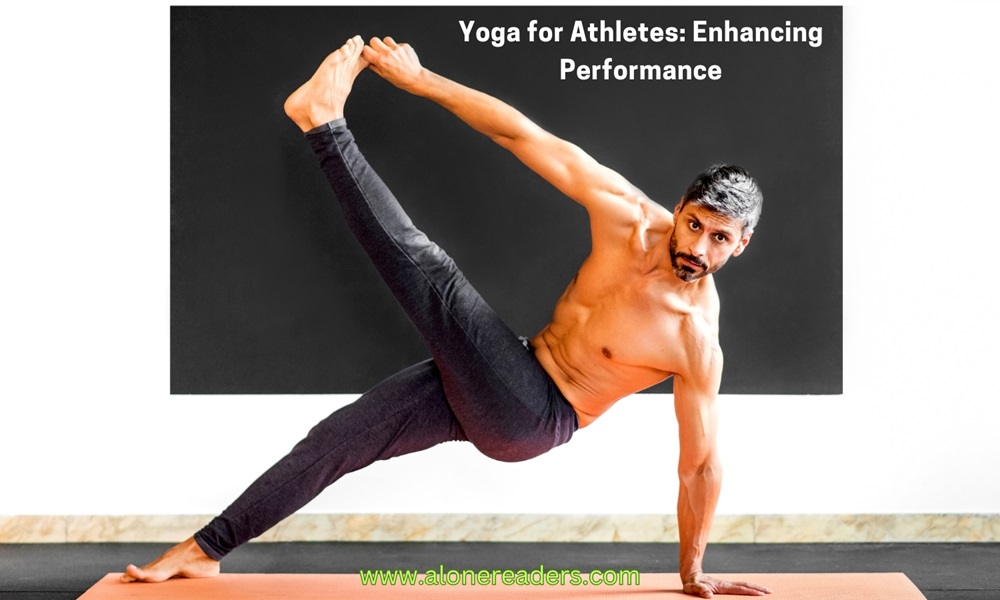
Yoga, an ancient practice with roots in India, has become a popular addition to the training regimens of athletes worldwide. Traditionally, yoga focuses on physical postures (asanas), breath control (pranayama), and meditation (dhyana). While these elements remain integral, modern yoga has evolved, integrating aspects that can significantly enhance athletic performance. This comprehensive guide explores how yoga benefits athletes, offering insights into its impact on flexibility, strength, injury prevention, and mental resilience.
Flexibility is a critical component of athletic performance. Sports activities often lead to muscle stiffness and reduced range of motion, impacting an athlete’s ability to perform optimally. Yoga’s emphasis on stretching and lengthening muscles can counteract these effects. Through regular yoga practice, athletes can improve their flexibility, which in turn enhances their performance. Sports that require a high degree of movement and agility, such as gymnastics, swimming, and track and field, can particularly benefit from this increased flexibility.
Strength is another area where yoga offers substantial benefits. While it might not replace weight training or sport-specific exercises, yoga’s asanas involve supporting one’s own body weight in various poses. This can lead to improved muscular strength, particularly in the core, hips, and shoulders. These areas are crucial for stability and power in many sports. For instance, a strong core is vital for swimmers for better balance in water, while shoulder strength is essential for athletes in sports like tennis or baseball.
Injury prevention is a significant concern for any athlete. Yoga’s balanced approach to building strength and flexibility can help in this regard. By improving the range of motion and strengthening muscles around key joints, yoga can reduce the risk of injuries that often plague athletes, such as strains, sprains, and overuse injuries. Additionally, yoga encourages athletes to be more in tune with their bodies, enabling them to recognize early signs of potential injuries and take preventative measures.
Mental resilience is perhaps one of the most overlooked aspects of athletic performance. Yoga’s focus on breath control and meditation can play a crucial role here. Pranayama techniques enhance lung capacity and improve breath control, directly benefiting athletic endurance. Furthermore, the meditative aspects of yoga aid in developing concentration, focus, and the ability to remain calm under pressure. These mental skills are invaluable during high-stakes competitions where mental toughness often makes the difference between victory and defeat.
Yoga also contributes to better recovery. The combination of gentle stretching, mindful breathing, and relaxation techniques can aid in quicker recovery after intense training sessions or competitions. This faster recovery means athletes can return to training sooner and with greater effectiveness.
Moreover, yoga’s holistic approach can lead to an improved sense of overall well-being. Regular practice can help in better sleep, reduced stress levels, and a more positive outlook. These factors can indirectly but significantly impact an athlete’s performance.
However, it’s important to note that while yoga offers numerous benefits, it should be tailored to suit the specific needs of athletes. Not all yoga practices are equally beneficial for all types of sports. For instance, a long-distance runner may benefit more from yoga styles that emphasize lower body strength and endurance, while a weightlifter might need a practice focusing more on upper body strength and flexibility.
Integrating yoga into an athlete's training schedule requires careful planning. It's recommended that athletes work with experienced yoga instructors who understand the demands of their specific sport. These instructors can design a yoga regimen that complements an athlete’s training, targeting areas that need the most attention.
In conclusion, yoga presents a multifaceted approach to enhancing athletic performance. Its benefits extend from physical aspects like flexibility and strength to mental attributes such as focus and resilience. When integrated thoughtfully into an athlete’s training routine, yoga can be a powerful tool in achieving peak performance. Whether an amateur or a professional, athletes across various sports disciplines can leverage yoga’s benefits to elevate their game, prevent injuries, and maintain overall well-being. With its increasing popularity and proven benefits, yoga is set to remain a key component in the world of sports training for years to come.